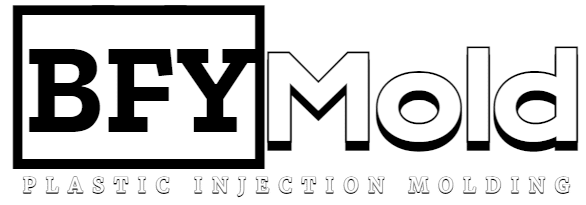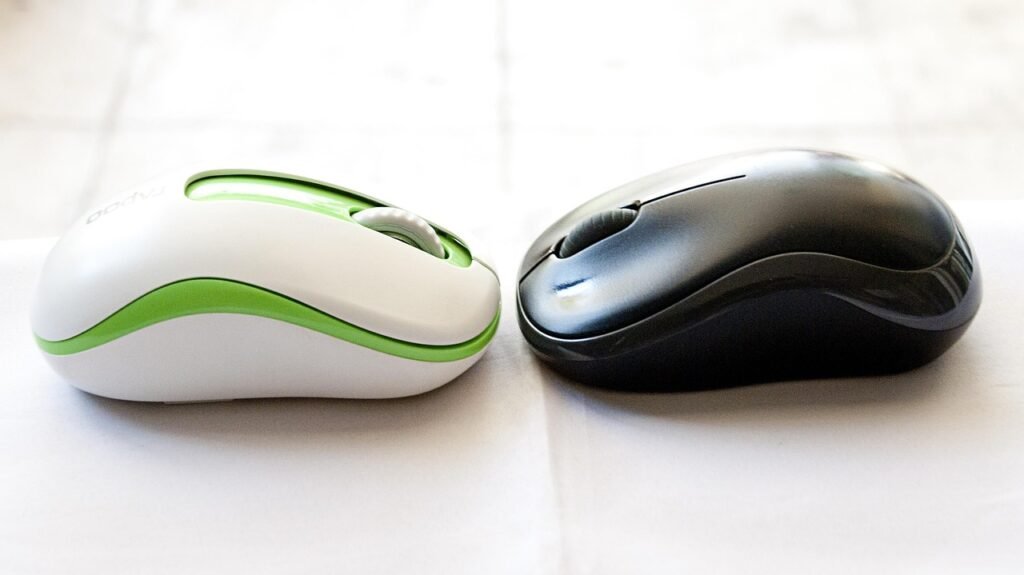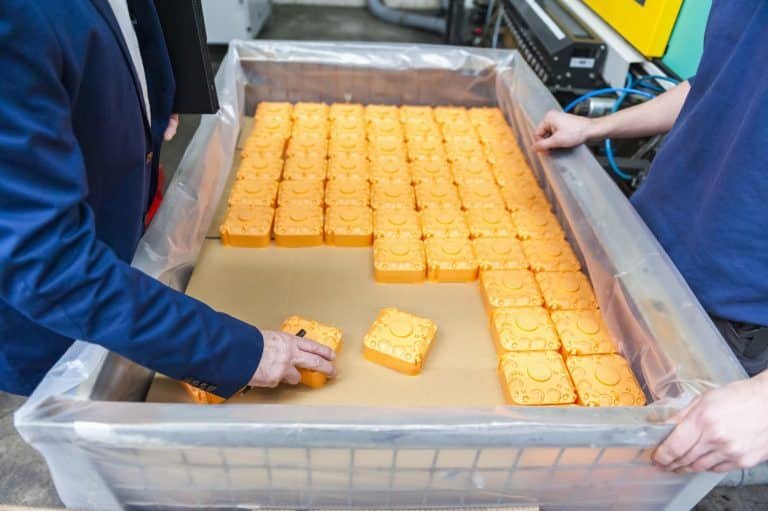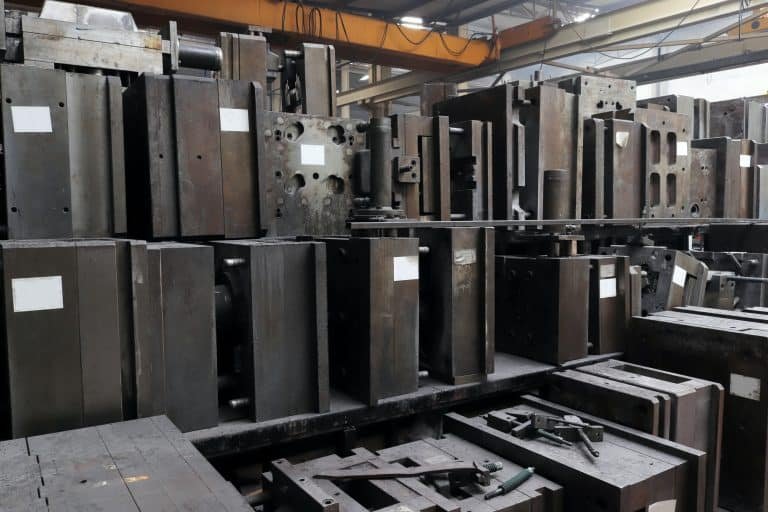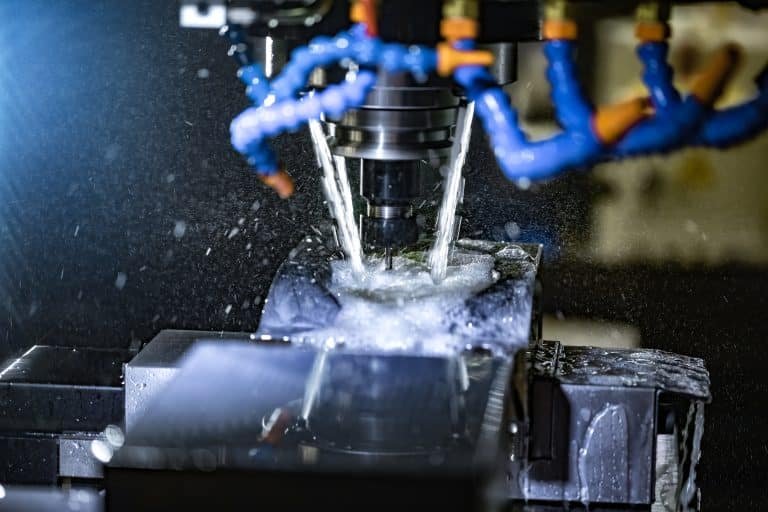How Custom Injection Molding Can Revolutionize Your Production
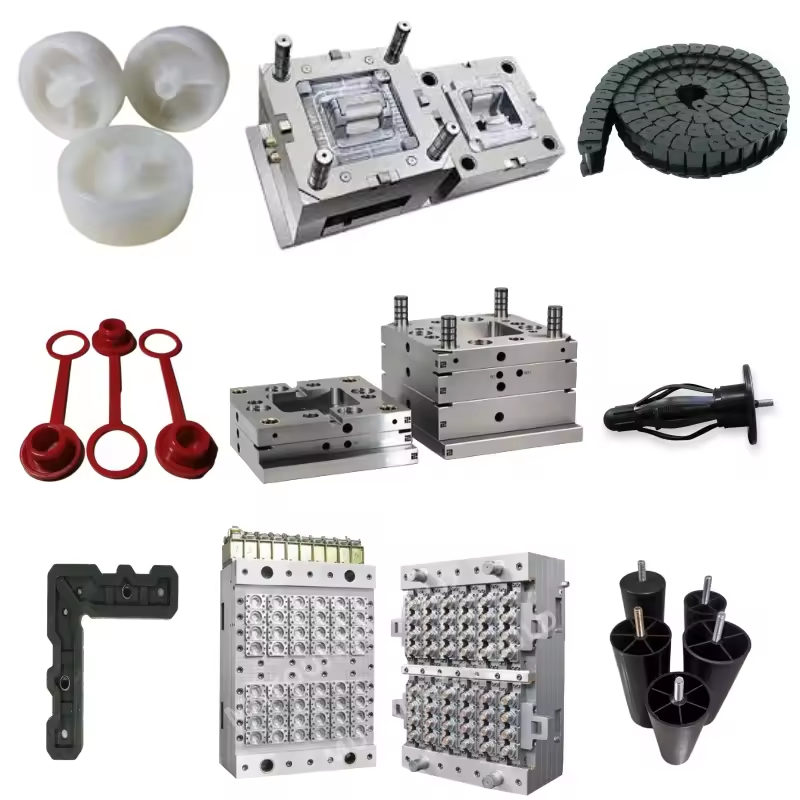
Custom injection molding is simply the most efficient and flexible method of manufacturing that can produce precision plastic parts. From the automotive to healthcare and electronics to switches, the custom injection molding product provides numerous advantages for enhancing the performance, quality, and cost-effectiveness of your products.
So just why is custom injection molding so vital, and how could it work for you? In this article, we will discuss the top reasons why you might want to consider using custom injection molding for your next project and how you can use it to turn your ideas into a reality with utmost accuracy.
What is Custom Injection Molding?
Custom injection molding is a process in which molten plastic is injected into a precisely designed mold, which then cools and solidifies into a finished plastic part. This process can be used to fabricate readitionally complex parts with complex shapes, intricate geometries, and tight tolerances. That makes it the preferred option for companies keen on the mass production of custom plastic parts with a high degree of consistency and a low rate of defects.
BFY Mold specializes in customizing injection molding solutions for multiple industries at BFY Mold, and taking into account your exact needs, we design, mold, and deliver each part.
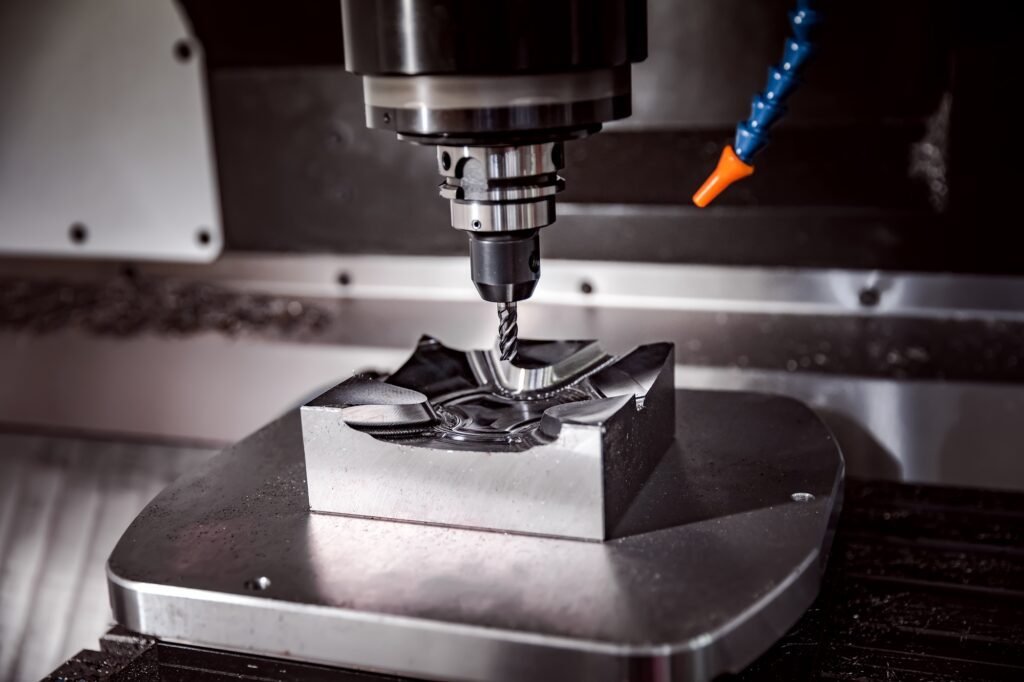
Advantages of Custom Injection Molding Services
The essential reason custom injection molding is an incredibly productive route to deliver quality parts. The following are the top advantages that make it a perfect option for the manufacturers:
1. Affordable for Large Scale Production
Custom injection molding has many benefits, including its cost-effectiveness, particularly in large production runs. Once you have made the mold, producing each part is cheap. While the upfront cost of creating the mold can be pricey, the cost per part greatly reduces as production increases.
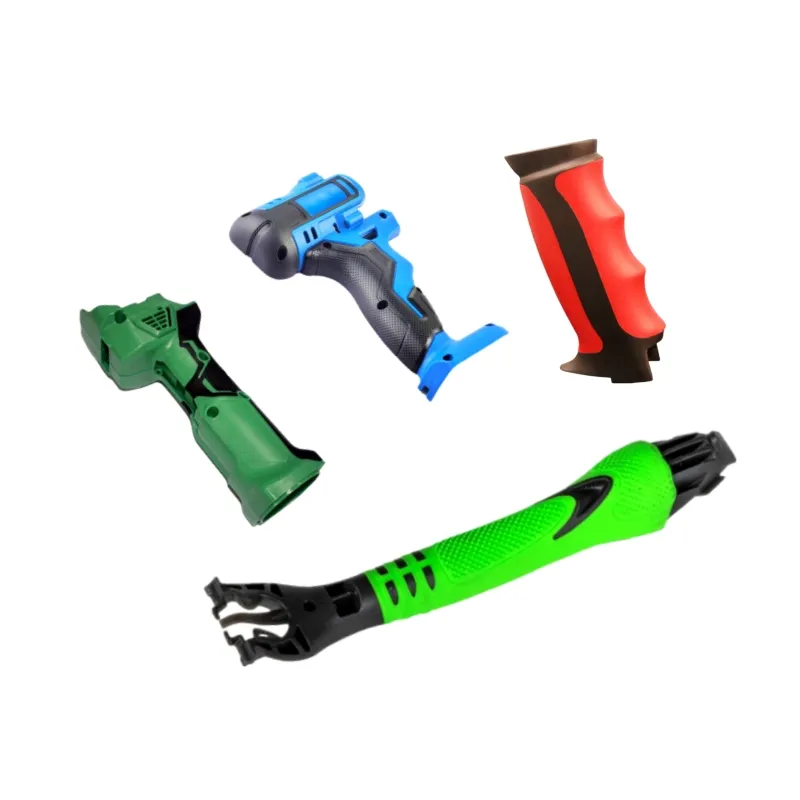
2. High Accuracy And Consistency
With injection molding precision is unrivaled, each and every component will be consistent in size, shape, and function. Such consistency is critical for industries requiring quality control, such as medical devices or automotive components.
3. Design Flexibility
Injection molding is a customized approach that enables complex designs and shapes. Injection molding also allows for the production of parts with very thin walls, complex geometries, or functional features such as snap fits and overmolding.
4. Fast Production Speed
Once the mold is formed, injection molding is rapid, and as such, making it ideal for high-volume manufacture. The capacity to manufacture thousands of pieces a day allows you to get your products into the marketplace quickly.
5. Material Variety
Thermoplastics, elastomers, and composite materials are among the range of materials supported by custom injection molding. This allows manufacturers to select the most appropriate material for their application, which could be strength, pliability, or heat-resistance.
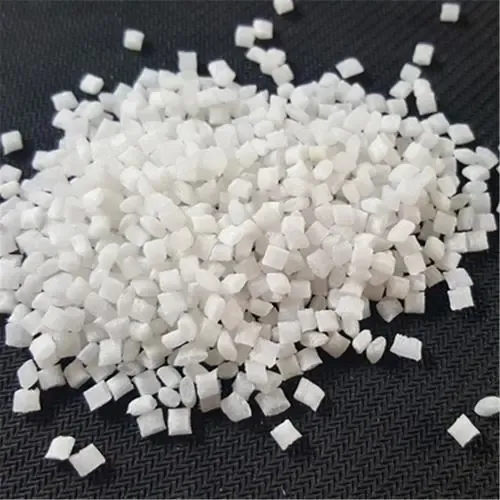
5 Industries You Might Not Think Of Normally Turning to Custom Injector Molding
Custom injector molding enjoys widespread application in all types of enterprises, allowing corporate clients to profit from the latest advances and technologies. Here are just a few sectors that find themselves always needing injection molding resin products for each new project:
- Cars Sector
The automotive industry produces parts using custom injection mold tools, parts which range from dashboards to engine components. One chief advantage of this method is that it can realize some very complex designs which are at the same time light and strong-we talked earlier about how this needed to be so in vehicles.
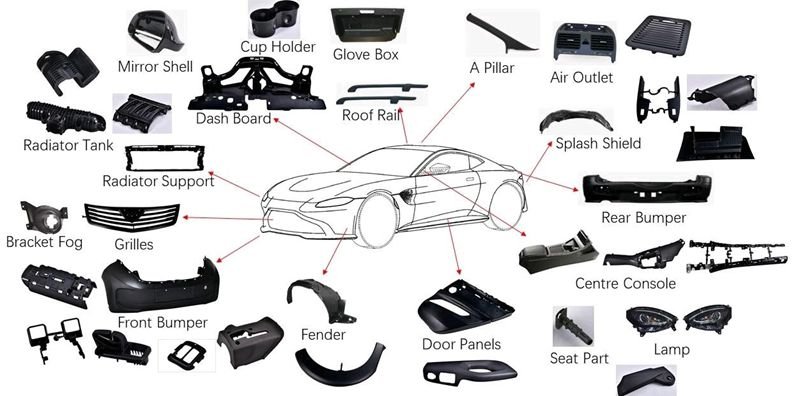
- Medical Devices
Injection molding produces parts for many medical products, including surgical tools diagnostic equipment housing parts, and implants. These days it is in one crucial that the components that make up such products can bear very precise tolerances if they are to guarantee not only safety but also performance.
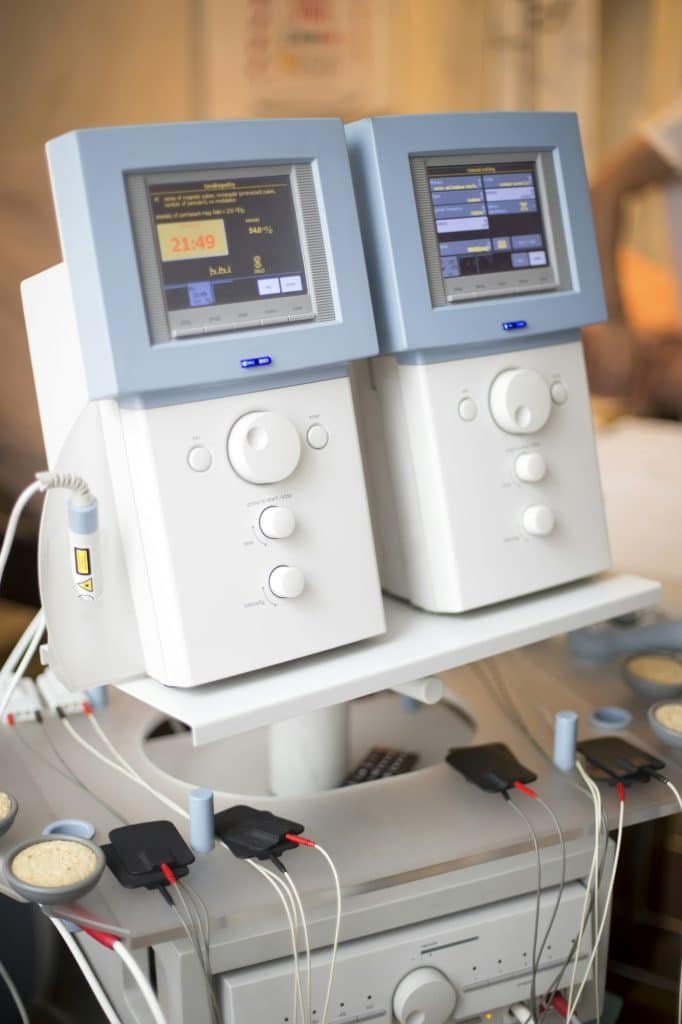
- Electricity
Electronics uses injection molding for such things as outer shells, connection devices, and enclosures. Injection molds have been chosen for precision and variety of materials making them the ideal method; of producing durable functional components in an electronic product.
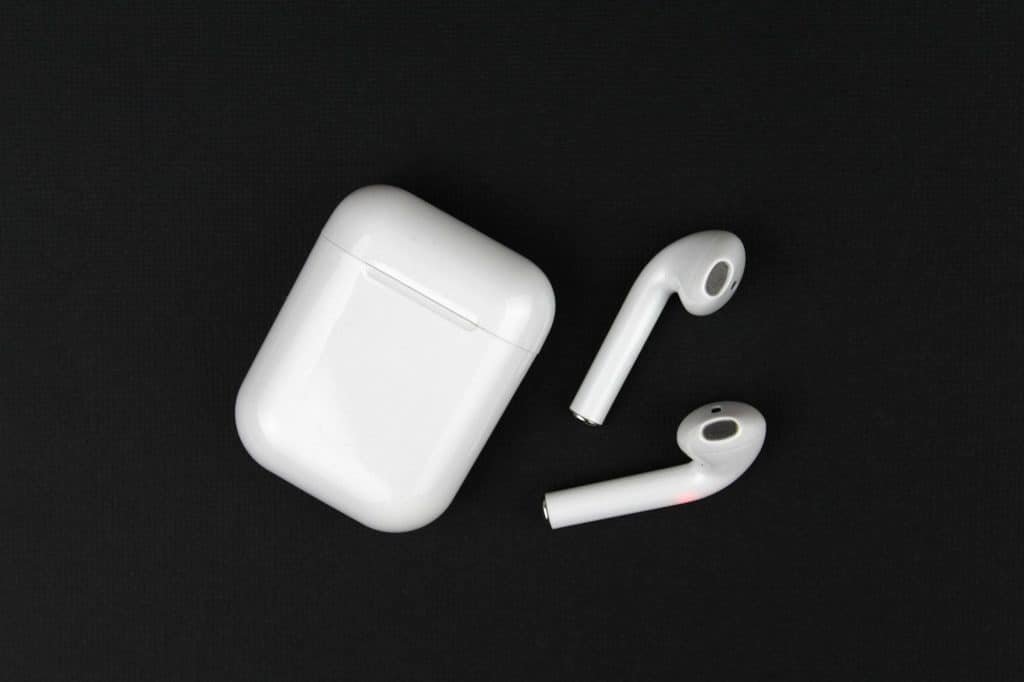
- Household consumer goods
For many types of consumer products, ranging from kitchen utensils to packaging, custom injection molding offers an inexpensive method of producing large quantities quickly. Injection molding is the meantime the only way to produce aesthetic and functional components for every finished product in this market.
- Aerospace
In the aerospace industry, which puts such a premium on lightness high strength components are all-important. Custom injection molding can be used to make perfectly accurate parts that meet strict regulations and industry norms.
The Custom Injection Molding Process: From Design to Production
The custom injection molding process is highly systematic, ensuring precision and quality at every stage. Here’s an overview of the typical process:
1. Design and Prototyping
Designing the mold and the components is the first step. In cooperation with you, our team of specialists protocol advanced 3D modeling software to produce a digital design for both the part and its mold. Often, prototypes are made to see how the design looks before full-scale production is begun.
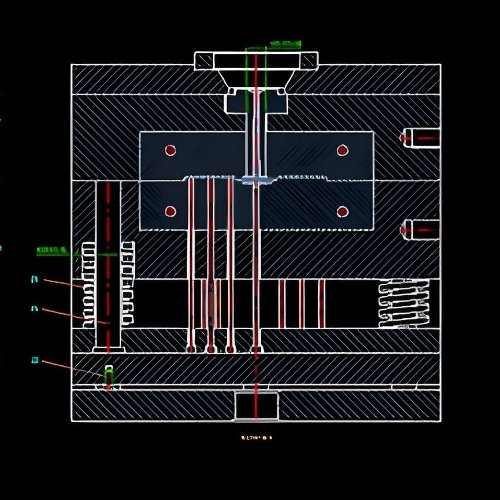
2. Mold Creation
After the design is finished, the mold is created using CNC machining and mirror spark technology. This mold will be the key to achieving a steady production of parts.
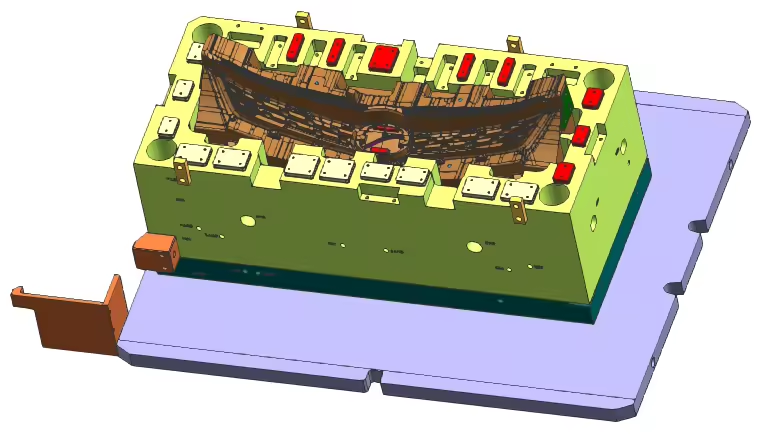
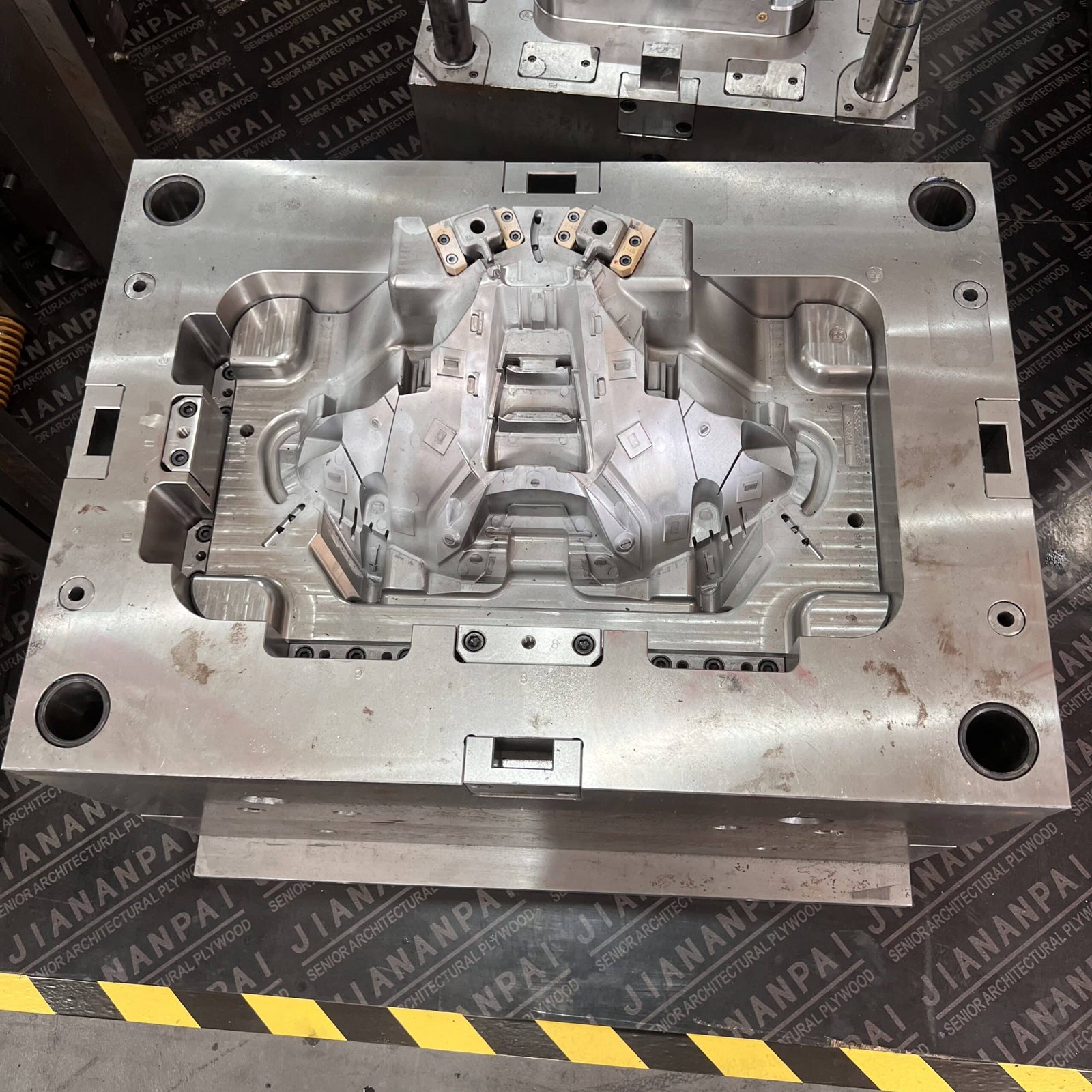
3. Injection & Cooling
A molten mass of plastic is pressed into the mold under high pressure. The material then cools off until it finally gets hard–taking on the shape of the mold.

4. Ejection and Inspection
When the part has cooled down to temperature, it is ejected from the mold. Quality inspections are conducted to ensure that the part conforms to required standards. If any defects are discovered, they can be adjusted in the mold for future production runs.
5. Post-Production Services
Additional services like mechanical assembly, packing, or kit work can be provided depending on your requirements.
When Should You Consider Custom Injection Molding?
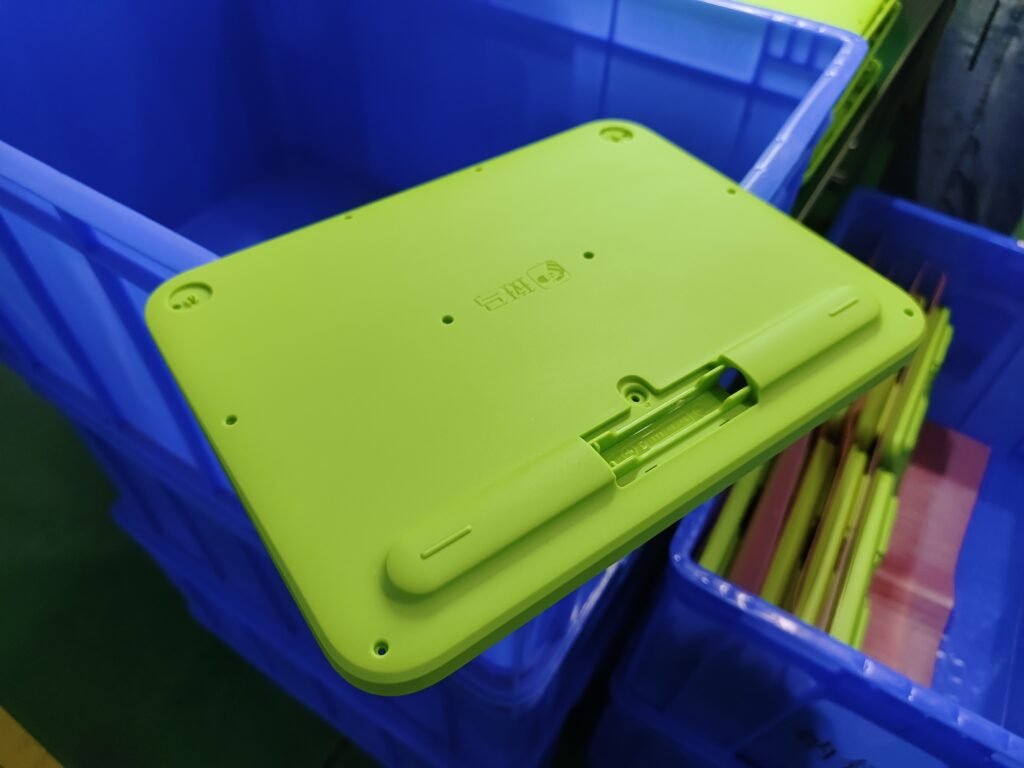
It is ideal for parts of all sizes and shapes in mass production settings, the precise dimension makes pieces assembled replaceable. For products that need to work consistently well and last, design plastic is an unrivaled material. Rolling out parts eventually leads to so much variation that it becomes difficult to set up even the most standard assembly lines again.
For example, if you are in the automotive, medical, electronic, or consumer goods industries and need some custom parts injection molding offers a scalable solution. If your project needs complex forms, exact material properties, or easy scaling, custom injection molding is the best option available.
Conclusion: Benefits of Custom Injection Molding
For manufacturers looking to produce plastic parts quickly, in mass, custom injection molding is an essential method. It is the go-to solution across several industries owing to its cost-effectiveness, precision, and flexibility. From new product designs to upgrades on existing products, from product launches to processor scaling, custom injection molding is a reliable, efficient, and scalable manufacturing process.
About BFY Mold: we offer tailored, custom injection molding services to fit your needs. We are here to bring your next project to life, let us know how we can assist you in achieving your goals accurately and efficiently. Contact us today to benefit from our expert drawing and mold optimization services, designed to enhance your production efficiency.
FAQs About Custom Injection Molding
a. Is custom injection molding suitable for small production runs?
Injection molding is most cost-effective for large production runs due to the initial mold creation cost. However, it is still possible to use injection molding for small runs if the quantity justifies the mold cost. For lower-volume projects, alternative methods like rapid prototyping may be considered.
b. How long does it take to create a custom injection mold?
Creating a custom injection mold typically takes 4 to 8 weeks, depending on the complexity of the part and mold design. However, once the mold is ready, production can begin quickly, allowing you to produce parts at a rapid pace.
c. What materials are used in custom injection molding?
Custom injection molding can accommodate a wide range of materials depending on the part’s requirements. Common materials include:
- Thermoplastics (e.g., ABS, polypropylene, polyethylene) for strong, durable parts
- Elastomers for flexible, rubber-like parts
- Composites that combine plastic with other materials to enhance strength or reduce weight The choice of material is crucial to ensure the part’s functionality, performance, and cost-effectiveness.
d. How much does custom injection molding cost?
The cost of custom injection molding depends on several factors, including:
- Mold creation: More complex molds will increase the initial costs.
- Material selection: Different plastics and composites vary in price.
- Production volume: Larger production runs lower the cost per part.
- Part complexity: Intricate designs may require specialized molds, raising the cost. Typically, the price per part decreases significantly with higher volumes, making injection molding an excellent option for large-scale production.
